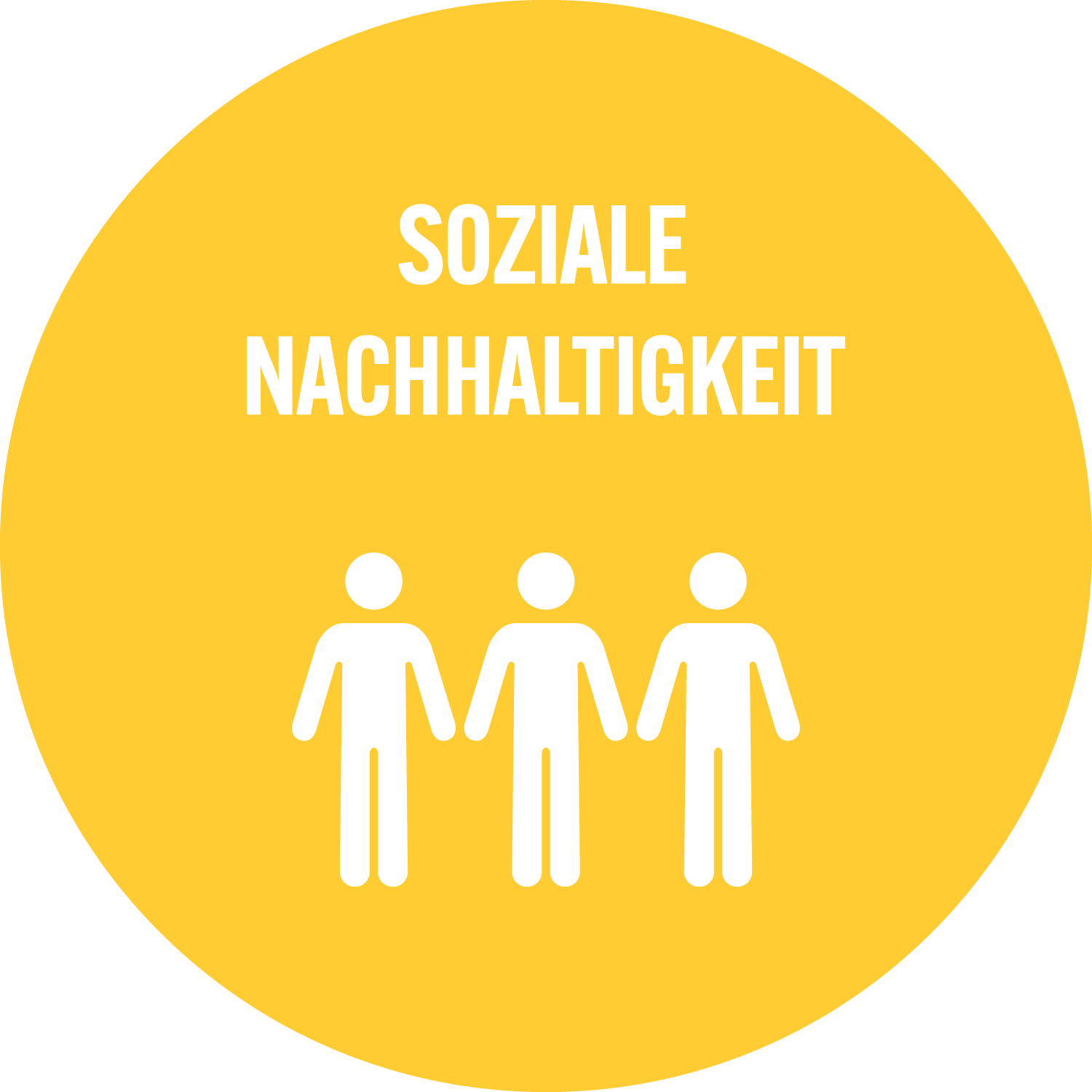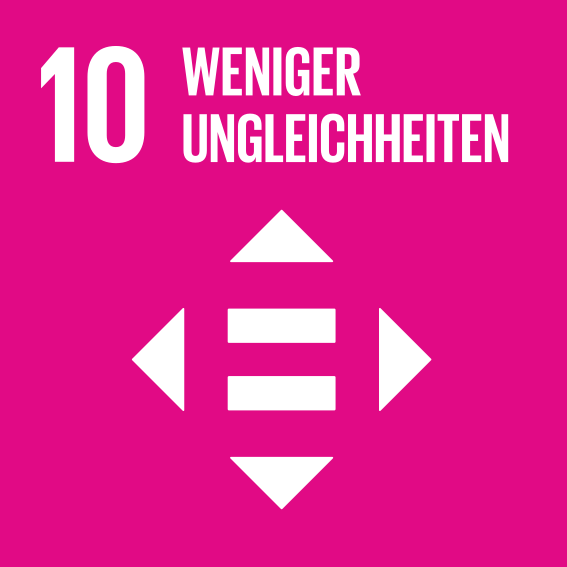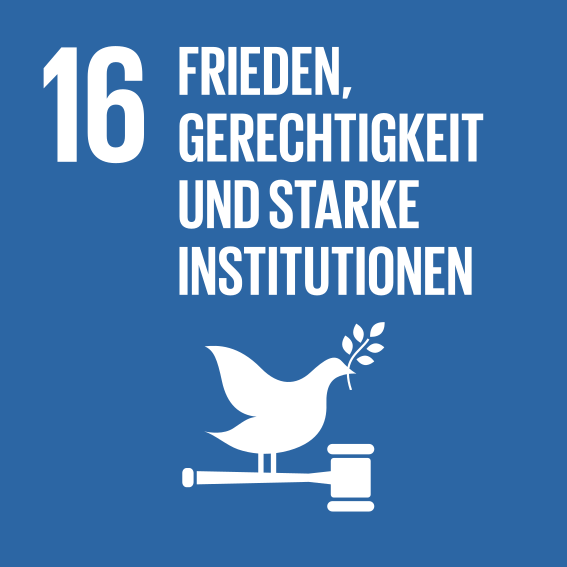|
How combining terrorism, Muslim, and refugee topics drives emotional tone in online news: A six-country cross-cultural sentiment analysis
Chan, Chung-hong
;
Wessler, Hartmut
;
Rinke, Eike Mark
;
Welbers, Kasper
;
Atteveldt, Wouter van
;
Althaus, Scott
|
URL:
|
https://madoc.bib.uni-mannheim.de/56857
|
|
Weitere URL:
|
https://ijoc.org/index.php/ijoc/article/view/13247
|
|
URN:
|
urn:nbn:de:bsz:180-madoc-568579
|
|
Dokumenttyp:
|
Zeitschriftenartikel
|
|
Erscheinungsjahr:
|
2020
|
|
Titel einer Zeitschrift oder einer Reihe:
|
International Journal of Communication : IJoC
|
|
Band/Volume:
|
14
|
|
Seitenbereich:
|
3569-3594
|
|
Ort der Veröffentlichung:
|
Los Angeles, Calif.
|
|
Verlag:
|
The Annenberg Center for Communication
|
|
ISSN:
|
1932-8036
|
|
Sprache der Veröffentlichung:
|
Englisch
|
|
Einrichtung:
|
Außerfakultäre Einrichtungen > MZES - Arbeitsbereich B
Philosophische Fakultät > Medien- und Kommunikationswissenschaft (Wessler 2007-)
|
|
Bereits vorhandene Lizenz:
|
 Creative Commons Namensnennung, nicht kommerziell, keine Bearbeitung 4.0 International (CC BY-NC-ND 4.0) Creative Commons Namensnennung, nicht kommerziell, keine Bearbeitung 4.0 International (CC BY-NC-ND 4.0)
|
|
Fachgebiet:
|
320 Politik
|
|
Abstract:
|
This study looks into how the combination of Islam, refugees, and terrorism topics leads to text-internal changes in the emotional tone of news articles and how these vary across countries and media outlets. Using a multilingual human-validated sentiment analysis, we compare fear and pity in more than 560,000 articles from the most important online news sources in six countries (U.S., Australia, Germany, Switzerland, Turkey, and Lebanon). We observe that fear and pity work antagonistically—that is, the more articles in a particular topical category contain fear, the less pity they will feature. The coverage of refugees without mentioning terrorists and Muslims/Islam featured the lowest fear and highest pity levels of all topical categories studied here. However, when refugees were covered in combination with terrorism and/or Islam, fear increased and pity decreased in Christian-majority countries, whereas no such pattern appeared in Muslim-majority countries (Lebanon, Turkey). Variations in emotions are generally driven more by country-level differences than by the political alignment of individual outlets.
|
|
Zusätzliche Informationen:
|
Online-Ressource
|
 | Dieser Eintrag ist Teil der Universitätsbibliographie. |
 | Das Dokument wird vom Publikationsserver der Universitätsbibliothek Mannheim bereitgestellt. |
 Suche Autoren in Suche Autoren in
BASE:
Chan, Chung-hong
;
Wessler, Hartmut
;
Rinke, Eike Mark
;
Welbers, Kasper
;
Atteveldt, Wouter van
;
Althaus, Scott
Google Scholar:
Chan, Chung-hong
;
Wessler, Hartmut
;
Rinke, Eike Mark
;
Welbers, Kasper
;
Atteveldt, Wouter van
;
Althaus, Scott
ORCID:
Chan, Chung-hong  ORCID: 0000-0002-6232-7530 ORCID: 0000-0002-6232-7530 ; Wessler, Hartmut  ORCID: 0000-0003-4216-5471 ORCID: 0000-0003-4216-5471 ; Rinke, Eike Mark ; Welbers, Kasper ; Atteveldt, Wouter van ; Althaus, Scott
Sie haben einen Fehler gefunden? Teilen Sie uns Ihren Korrekturwunsch bitte hier mit: E-Mail
Actions (login required)
 |
Eintrag anzeigen |
|
 ORCID: 0000-0002-6232-7530 ; Wessler, Hartmut
ORCID: 0000-0002-6232-7530 ; Wessler, Hartmut  ORCID: 0000-0003-4216-5471 ; Rinke, Eike Mark ; Welbers, Kasper ; Atteveldt, Wouter van ; Althaus, Scott
ORCID: 0000-0003-4216-5471 ; Rinke, Eike Mark ; Welbers, Kasper ; Atteveldt, Wouter van ; Althaus, Scott



 Creative Commons Namensnennung, nicht kommerziell, keine Bearbeitung 4.0 International (CC BY-NC-ND 4.0)
Creative Commons Namensnennung, nicht kommerziell, keine Bearbeitung 4.0 International (CC BY-NC-ND 4.0)


 Suche Autoren in
Suche Autoren in